Properties Sold
500+
California is widely known for being one of the least landlord-friendly states in the U.S. With strict rent control measures, strong tenant protections, and detailed regulations governing evictions, property owners face more legal hurdles here than in many other states. While these laws are designed to protect renters, they also require landlords to be exceptionally careful and well-informed when managing their properties.
Understanding and complying with local and federal fair housing laws is especially important. These regulations prohibit discrimination based on factors such as race, religion, gender, disability, or family status. Even unintentional violations can lead to expensive lawsuits and long-term damage to your reputation. By maintaining compliance, landlords can build trust, avoid legal trouble, and uphold a fair, ethical, and professional rental business in California’s competitive housing market.
If you’re unsure whether your rental practices align with fair housing laws, you’re not alone. In this guide, the team at
Mabry Management breaks down what every California landlord should know about the Fair Housing Act.
The Fair Housing Act was enacted by Congress in 1968 to ensure all individuals have equal opportunities when buying, renting, or financing housing. It also extends to those seeking housing assistance, community development funds, or property appraisals.
At the federal level, the Fair Housing Act is enforced by the U.S. Department of Housing and Urban Development (HUD). Each state, however, has its own agency responsible for handling local complaints and enforcing additional protections. In California, that role belongs to the California Civil Rights Department (CRD), which oversees the state’s fair housing laws and investigates discrimination claims.
Fair housing protections are based on specific personal traits or statuses that cannot be used to deny housing opportunities.

The federal Fair Housing Act prohibits discrimination based on race, religion, national origin, sex, disability, and familial status. California expands on these protections by including additional characteristics such as:
These expanded state protections make California one of the most comprehensive jurisdictions for housing equality in the nation.
Understanding what constitutes discrimination is just as important as knowing what is protected.
Landlords may not, based on any protected characteristic:
Even one of these actions, if proven, can expose a landlord to significant legal and financial liability.
While fair housing laws apply broadly, there are a few limited exceptions.
Common exemptions include:

However, most of these exemptions do not apply to private landlords managing typical residential rentals. It’s always best to confirm your property’s status with a housing expert before relying on any exemption.
Complying with fair housing laws might seem intimidating, but it doesn’t have to be. The key is consistency, education, and documentation. Below are five practical tips for staying compliant and avoiding costly mistakes.
Knowledge is the foundation of compliance when it comes to the California landlord-tenant law. Every landlord should take the time to familiarize themselves with both federal and state fair housing requirements. Understanding these rules helps prevent unintentional violations, builds tenant trust, and reflects your professionalism as a property owner.
Consistency is critical during the application and screening stages. Each applicant should go through the same steps, using identical criteria for credit, background, and rental history checks. Avoid making exceptions for any reason, even if a prospective tenant seems ideal.
Document your tenant screening policies and apply them equally to all applicants. Doing so ensures fairness and provides valuable protection if you ever need to defend against a discrimination claim.
Fair housing violations often occur unintentionally through advertising. Avoid any phrasing that might imply preference or exclusion. For example, “ideal for single professionals” or “perfect for families” can suggest bias.

Instead, describe your property’s features neutrally, using phrases like “spacious two-bedroom apartment with natural light” or “conveniently located near downtown.” Always review your listings before posting and, if possible, have another person check them for compliance.
Landlords must make reasonable efforts to accommodate tenants with disabilities. This might involve allowing service animals in properties that otherwise prohibit pets or approving small structural adjustments like ramps or grab bars. None of this should affect the rent price or the security deposit amount.
Handle all accommodation requests promptly and respectfully. Denying or ignoring a valid request can result in significant legal consequences. Beyond compliance, providing accommodations fosters goodwill and reinforces your reputation as a fair and responsible landlord.
If navigating these complex regulations feels overwhelming, consider partnering with a professional property management company. Experienced firms like Mabry Management are well-versed in California’s fair housing laws and can ensure compliance at every stage, from marketing to tenant communication. Working with experts allows landlords to focus on growing their investments while staying protected from costly mistakes.
Every landlord in California must understand and abide by fair housing regulations. Because of the state’s extensive tenant protections, compliance is not optional. Violating these laws, whether through discriminatory advertising, inconsistent screening, or failure to accommodate disabilities, can result in severe penalties and reputational harm.
By following the guidelines above and staying informed, landlords can create a fair, professional, and legally compliant rental business.
For professional guidance or assistance managing your properties in accordance with California fair housing laws, reach out to Mabry Management. Their experienced team can help you maintain compliance while keeping your investment safe and successful.
Disclaimer: This article is intended for informational purposes only and should not be considered legal advice. For guidance on your specific situation, consult a qualified attorney or housing professional.

Properties Sold
500+

Doors Under Management
400+

Average Days on Market
21

Rent Paid on Time
99%
Get your free rental pricing analysis today.

info@mabrymgmt.com
15901 Hawthorne Boulevard Suite #270
Lawndale, CA, 90260
DRE# 00441897